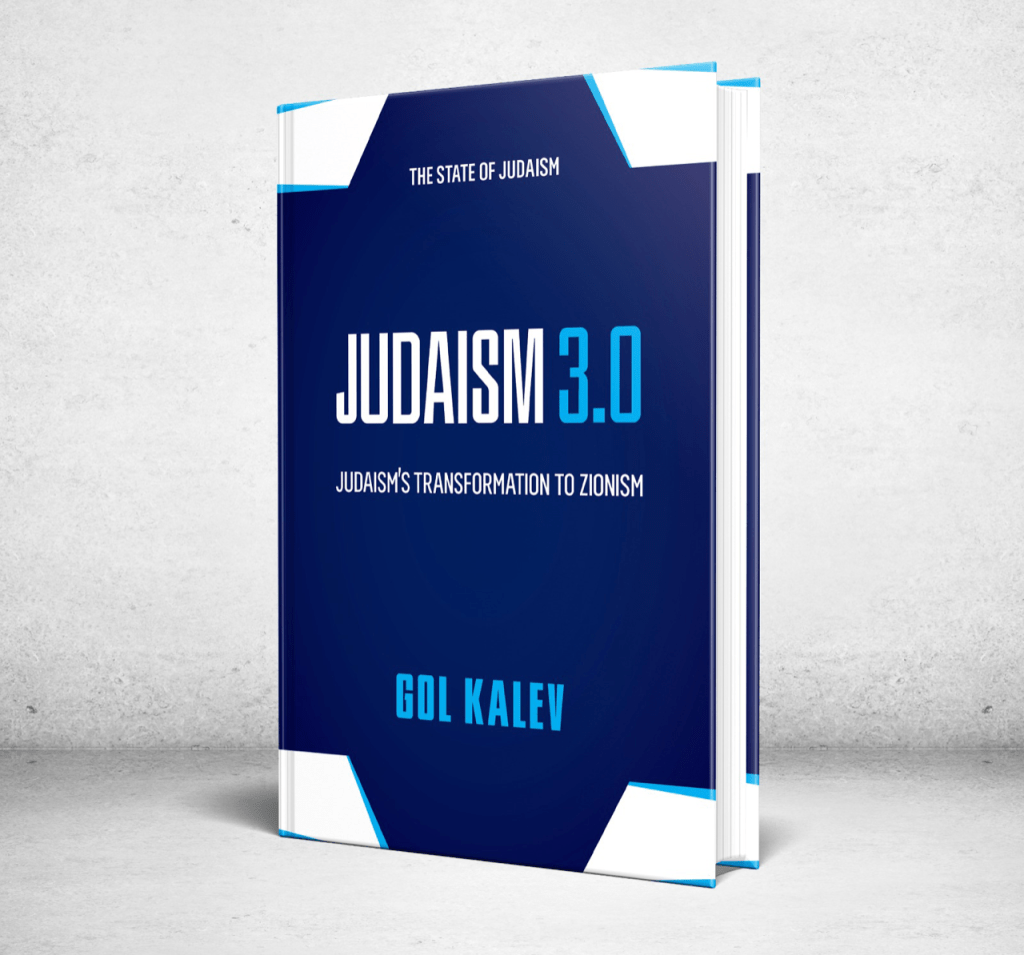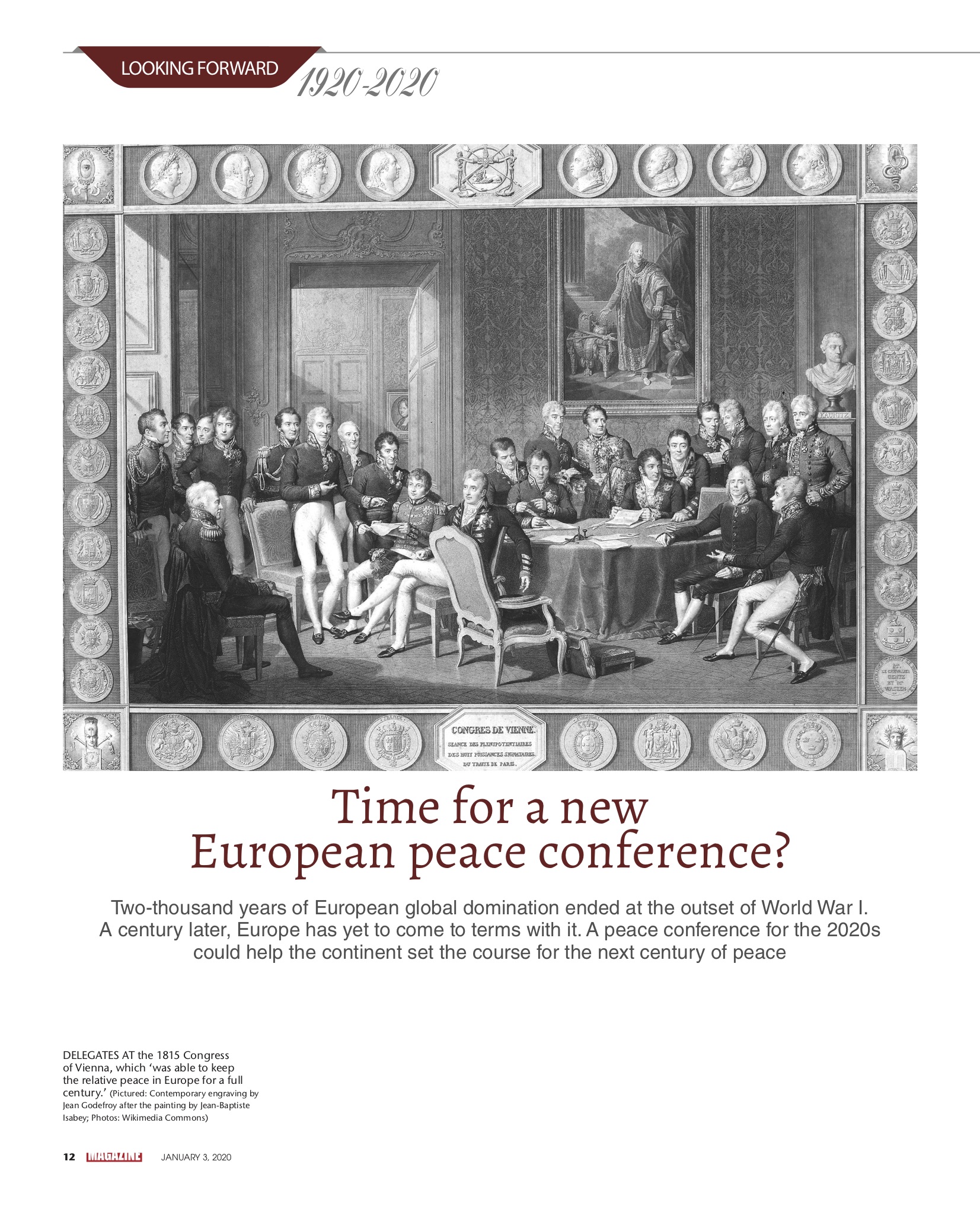Pharaoh dying in the firstborn plague would lead to the immediate crowing that night of a new Pharaoh. This is further supported by the word “rose”: “And Pharaoh rose up in the night.”
Expansion of THE JERUSALEM POST article; BY GOL KALEV, may 5, 2023

MODERN-DAY ‘coup’: Egyptian pro-democracy supporters gather in Cairo’s Tahrir Square in 2011, during the Arab Spring. (photo credit: Mohamed Abd El-Ghany/File/Reuters)
How many Pharaohs were there between the time of the Exodus and the time the Hebrews crossed the sea?
The conventional read of the story told in the Book of Exodus is about one Pharaoh who changes his policy a number of times due to God’s miracles.
But could there have been more than one?
The Pharaoh with whom Moses and Aharon engaged during the first nine plagues makes clear in their last reported bilateral meeting that this is the last time they will see each other. Moses agrees: “And Pharaoh said unto him: ‘Get thee from me, take heed to thyself, see my face no more; for in the day thou see my face thou shalt die. And Moses said: ‘Thou hast spoken well; I will see thy face again no more.”
Then comes the tenth plague that kills the firstborn, and following it, a surprise: a meeting between Pharaoh and Moses. This inconsistency can be reconciled if this is a different Pharaoh.
Moreover, it is made clear that all firstborns die, including Pharaoh’s firstborn. Indeed, Pharaoh was likely a firstborn himself. We learn from multiple sources about a firstborn-based ruling system, including in Laben’s scolding of Jacob, and later in the Hebrews’ transition of power from the firstborns to Levis.
Pharaoh dying in the firstborn plague would lead to the immediate crowing that night of a new Pharaoh. This is further supported by the word “rose”: “And Pharaoh rose up in the night.”
This terminology was used to describe a new Pharaoh taking power before: “A new king has risen over Egypt who did not know Joseph.”
Indeed, the behavior of the “second Pharaoh” seems different. Unlike his past behavior, he does not try to negotiate the terms of the Exodus. Similarly, in the past, Pharaoh conceded only in order to stop a plague. Suddenly, this Pharaoh concedes without a threat and without getting anything in return. (The firstborn are already dead.)
Moreover, in a startling departure from past behavior, this Pharaoh asks to be blessed! We know blessings have strong meaning; much of the Book of Exodus deals with the power of blessings, and Jacob blessed the Pharaoh of his time.
Does the “The Hebrew Question” dominate Egyptian politics?
We know there were political camps in Hebrew politics. There was the “remain” camp, led by the likes of Dotan and Aviram, who wanted to be in Egypt; and there was the “exit” camp led by Moses.
It is likely that there were camps in Egypt as well. “The Hebrew Question” was no doubt a significant issue for Egyptians. Should we disengage and let them go – a divorce, a clear break, ending decades of Hebrews living in Egypt? (The pro-Israel camp). Or should we keep them? After all, it seems the Egyptian economy is dependent on Hebrew slaves.
As the plagues progress, we can ascertain that the entirety of life in Egypt is affected by “The Hebrew Question”: economic, social, health, security and eventually an issue of life and death.
In this column, we have discussed various lessons from Theodor Herzl that can be applied to today, and to understand the past. One is the limited power that even kings have relative to their people, as Herzl wrote to refute the view that monarchs can defend Jews from chronic European Jew-hatred: “Even if we were as near to the hearts of princes… they could not protect us. They would only feel popular hatred by showing us too much favor,”
So when a new Pharaoh rose – an exceptionally weak Pharaoh, given the circumstances mentioned above – he is likely to try to be in tandem with the will of his subjects.
And what was the will of the Egyptians?
We know that the Egyptian people were pro-Israel: “And the Lord gave the people favor in the sight of the Egyptians.”
It would be ill-advised for a seemingly weak Pharaoh to go against the will of the Egyptians (as the Israelite King Rehoboam learned a few centuries later). Indeed, the “second Pharaoh” goes along with the people and executes the disengagement plan: He specifies that all can go, with assets, and even asks for the blessing.
Seemingly, the “second Pharaoh“ surrendered to his subjects.
It is logical that some in the Egyptian apparatus did not like this new king’s decision, with his new administration of inexperienced people being new to power and never groomed for it (not firstborns).
The three Pharaohs theory
We know that coup d’etats were a viable risk in Egypt. After all, the initial over-enslavement of the Israelites was based on a fear that they will “rise from the land.”
As Herzl reflected, there are built-in tensions between the interests of the government/monarch and that of the people. Israeli singer Meir Ariel, who sang about the Exodus, said that even in a democratic system, “There is no such thing as the rule of the people. The people are always ruled.”
“There is no such thing as the rule of the people. The people are always ruled.”Meir Ariel
Did some in Egypt say, “Let’s get someone in there who knows what he is doing. Someone who will rule his people and not be ruled by them”?
Indeed, when we next hear about the Pharaoh, he again behaves very differently than the one who was amicable to Moses.
The key words that support the possibility there was a coup are “was told”: “And it was told to the king of Egypt that the people fled.” If it was the same Pharaoh, he would have known, since he is the one who sent them out. But a new “third Pharaoh” needs to be briefed.
The nature of the briefing provides additional supporting evidence to the “coup theory”: Unlike in the course of the nine plagues, when God hardened the Pharaoh’s heart a few times, here,we are told that it is the Pharaoh who attempts to turn the pro-Israel Egyptians! “The heart of Pharaoh and of his servants was turned toward the people.”
In what could be viewed as a “dramatic address to the nation,” this Pharaoh does what some new leaders (even new CEOs) are advised to do: Chastise the previous regime to lower the expectation base. He scolds the decision to “let Israel go from serving us.”
In addition, coups happen when the ruler is not perceived as legitimate. A non-firstborn is likely an unprecedented “brand new thing.” Moreover, coups happen when there is turmoil and people are not happy, as certainly was the case with the Egyptians burning their dead.
The idea of a coup in the lead-up to the Egyptians chasing the Israelites is speculative and not supported by commentators nor Jewish tradition. However, it is plausible enough to be used as an exercise in applying our contemporary experience to better understand the Torah, and vice versa. ■
The writer is author of Judaism 3.0: Judaism’s Transformation to Zionism (Judaism-Zionism.com). For more of his biblical analysis, see ParashaAndHerzl.com
THIS ARTICLE FIRST APPEARED IN THE MAY3, 2023 JERUSALEM POST MAGAZINE – CLICK FOR THE PDF OF THE MAGAZINE:

Related articles by Gol Kalev:
Passover as Jewish particularity (Jerusalem Post)
Herzl created a new anchor for Judaism, having concluded that the primary malaise of 2,000 years of exile was not the persecution, but rather the lack of unified Jewish political leadership
The essence of the exodus from Egypt and from Europe (Jerusalem Post)
The exodus from Egypt and the one from Europe 3,000 years later are so similar that biblical critics in the far future might argue that they were on and the same
Zionism as the anchor of Judaism (Jerusalem Post Special Magazine)
Whether one likes it or not, Zionism is becoming the organizing principle of the Jewish nation-religion. It is the primary conduit through which both Jews and non-Jews relate to Judaism, whether positively or negatively. It is the one aspect of Judaism that evokes emotions, passion, anger, pride and engagement.
Related video:
Gol Kalev at the Jerusalem Leaders Leaders Summit: Judaism 3.0 as a paradigm shift in the battle against anti-Zionism


The following is a Jeruslaem Post series about the implications of Judaism 3.0:
This generation’s existential threat to Judaism
Applying Herzl’s thinking to counter Israel-bashing

Occuptionalism: The new form of Colonialism is hijacking the Palestinian cause
Occupationalism is enabled by the Jerusalem-based “Conflict Industry,” known for its lavish parties, insularity, high turnover and its own social hierarchy

European blood libels continue, but now there is a solution
Recognizing that we are in Judaism 3.0 would address existential threats to Judaism, but it would also provide Jewish clarity that would advance humanity

Judaism 3.0: Turning threats to Judaism into enablers of its survival
Like antisemitism in Herzl’s time, today’s Israel-bashing and assimilation of American Jewry also have hidden assets in them

Passover to Shavuot and the American-European divide
How the transition affects today’s geopolitics, the flaws of democracies and the emerging rift: Americanism vs. Europeanism

Threat to Judaism through friends, influenced by Israel-bashing movement
Applying Herzl’s thinking, the threat to Judaism might come through our friends. Such Israel-bashing-light was showcased in the Basel Zionism celebrations in 2022

A broad recognition of Judaism 3.0 would release the Arabs of the Middle-east from debilitating European dogmas that have occupied their true character for the last 100 years

See in Link: Applying Judaism 3.0 to the countering Israel-Bashing
See also The Jerusaelm Report 2022 New Year Magazine: Judaism’s transformation to Zionism – Countering the Israel-bashing movement
Recognizing that Judaism has transformed would rob the Israel-bashers of their starting point: The premise that Judaism is merely a religion.

Summary of above articles:
Gol Kalev shows how Israel-bashing is today’s existential threat to Judaism, having both a populous dogmatic retail component – Occupationalism, and institutional destruction mechanisms that deploy modern-day blood-libels. In such circumstances, Hasbara (Israeli PR) is futile. Yet, a broad global recognition that Judaism has transformed to Judaism 3.0, and Zionism is now its anchor, would dramatically mitigate the threat.
Taking it a step deeper, Gol then explores the depth of the existential threat by showing how the break from centuries old system of Divine-right-monarchy, created a bifurcation: Divine-right-republic in the United States and non-Divine neo-monarchy in Europe. Deploying Herzl’s political philosophy and his view of the inseparability of corruption from parliamentary Democracy, Gol demonstrates the imbedded danger of a system of “following laws” as opposed to doing so alongside an ideological Divine conscienceless: Passover to Shavuot and the American-European Divide
Gol then shows how Israel-bashers must stay in Judaism 2.0. A broad global recognition that Zionism is now the anchor of Judaism would rob Israel-bashers of their starting point, and would emancipate Palestinians and other Middle-Eastern Arabs from the debilitating European Occupation of their true character, which in turn would lead to peace: Paving the path to peace
For more of Gol’s geopolitical articles: Europe and Jerusalem
Including:
Europe should benefit from Herzl’s vision
Europeanism vs. Americanism – a new global philosophical divide?
Judaism 3.0 as a cornerstone of the Biden administration’s efforts to counter antisemitism
GOL’S BOOK is NOW AVAILABLE oN AMAZON AND in stores in israel and the united states
Watch recap and video-clips from the book’s launch party: A revolutionary approach to countering Israel-bashing

Sign-up to get updates on the book’s launch events:
Your message has been sent
RELATED ARTICLES BY GOL KALEV: EUROPE & JERUSALEM





The resurfacing of European Colonialism
Hijacking the Palestinian cause
European opposition to the Jewish state
Time for a new European peace conference
Europe should benefit from Herzl’s vision
For inquiries/comments: info@europeandjerusalem.com
Watch Gol discuss his new book in an i24 interview